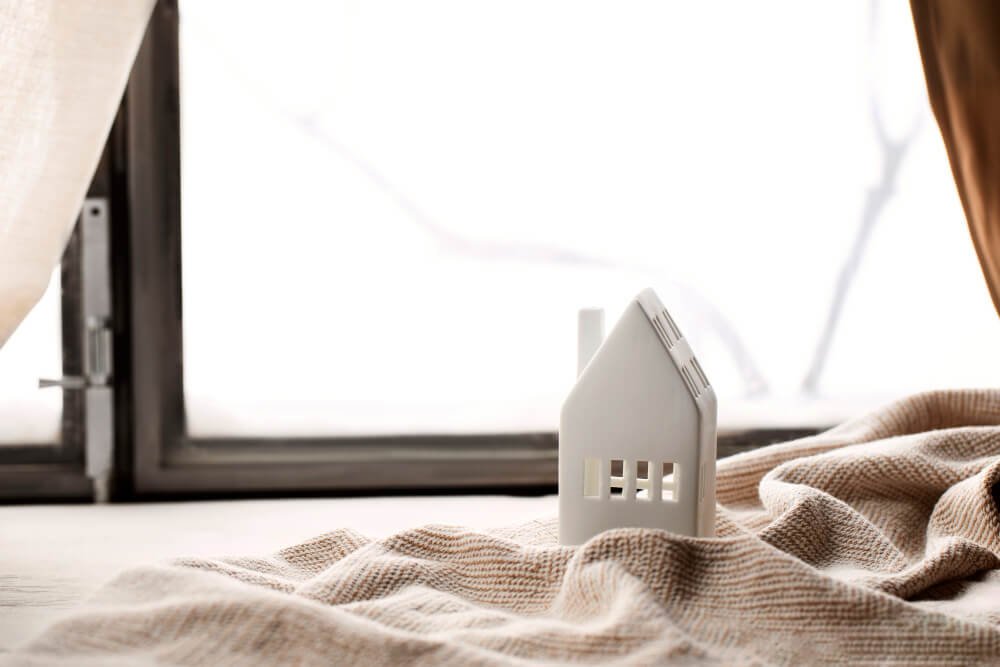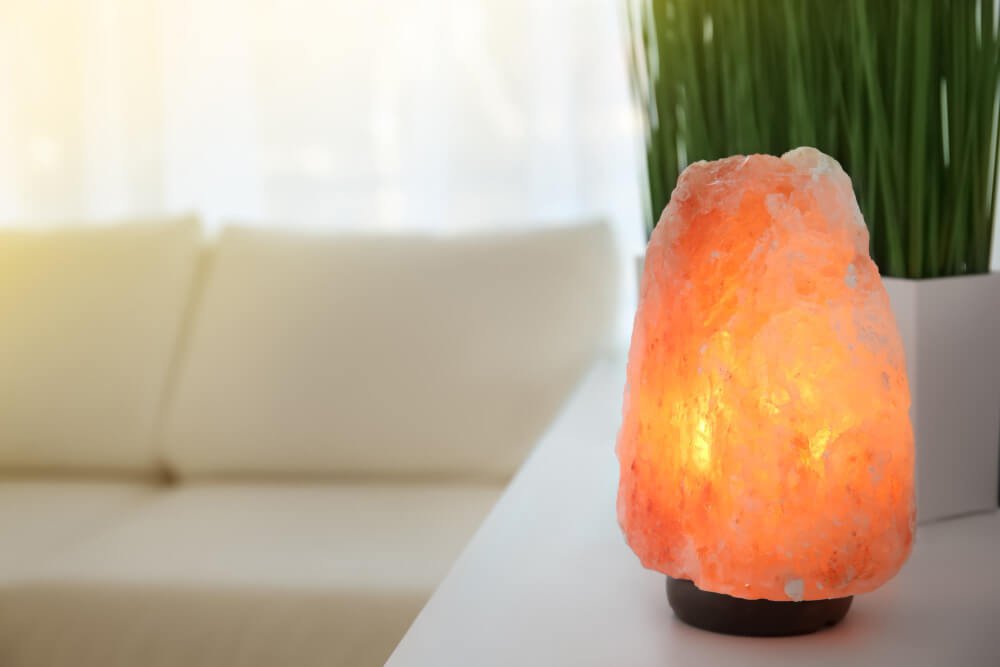This article will explore the top ways to clear your home’s air- from indoor plants to air-purifying salt lamps and bee wax candles. With these practical tips, you can create a healthier and more comfortable living environment for you and your loved ones. So, to breathe easily and improve indoor air quality, keep reading and discover natural solutions.
Indoor air pollution is a severe health issue affecting millions worldwide. According to the World Health Organization, indoor air pollution can cause various health problems, including respiratory infections, heart disease, stroke, and lung cancer. Children, older people, and people with pre-existing health conditions are particularly vulnerable to the health effects of indoor air pollution. The primary sources of indoor air pollution include tobacco smoke, cooking and heating appliances, cleaning products, and building materials. These sources can release harmful chemicals and gases into the air, leading to poor indoor air quality. Improving your home’s air quality is essential to protect yourself and your family from indoor air pollution’s health effects.
Common sources of indoor air pollution
As mentioned earlier, there are various sources of indoor air pollution. Tobacco smoke is one of the most significant sources of indoor air pollution, and it can cause serious health problems, including lung cancer and heart disease. Cooking and heating appliances can also produce harmful pollutants like carbon monoxide, nitrogen dioxide, and particulate matter. Cleaning products, paints, and building materials can release volatile organic compounds (VOCs) into the air, which can cause headaches, dizziness, and respiratory problems. Dust and pollen can also contribute to poor indoor air quality, especially if you have pets or live in an area with high outdoor pollution.
Natural Ways to improve indoor air quality
Fortunately, several natural ways exist to improve your home’s air quality. One of the easiest and most effective ways to purify the air in your home is by using indoor plants. Certain plants, such as the snake, spider, and peace lily, are known for their air-purifying properties. These plants absorb harmful chemicals and gases from the air and release oxygen, making them a great addition to any home. Another natural way to purify the air in your home is by using essential oils. Essential oils like tea tree, eucalyptus, and lavender have antimicrobial and antiviral properties that can help to kill bacteria and viruses in the air. You can use essential oils in a diffuser, mix them with water, and spray them throughout your home to freshen the air. Himalayan salt lamps are another natural way to purify the air in your home. These lamps are made from salt crystals mined from the Himalayan mountains and are believed to release negative ions into the air. These negative ions can help neutralize pollutants and allergens in the air, making breathing easier.
Houseplants that purify the air

As mentioned earlier, certain houseplants are known for their air-purifying properties. Here are some of the best plants to purify the air in your home:
- Snake plant: This plant is known for absorbing formaldehyde, a common indoor air pollutant.
- Spider plant: This plant effectively removes harmful gases like carbon monoxide and benzene from the air.-
- Peace lily: This plant is excellent at removing air pollutants like ammonia, benzene, and formaldehyde.
- Aloe vera: This plant is known for removing formaldehyde from the air, and it’s also great for healing burns and cuts.
Essential oils for air purification

Essential oils are a great way to freshen the air in your home naturally. Here are some of the best essential oils for air purification:
- Tea tree oil: This essential oil has antimicrobial and antiviral properties that can help to kill bacteria and viruses in the air.
- Eucalyptus oil: This oil has a fresh, minty scent and is great for clearing congestion and easing breathing.
- Lavender oil: This oil has a calming scent and can help to reduce stress and anxiety.
- Lemon oil: This oil has a fresh, citrusy scent and is great for purifying the air and killing germs.
The benefits of Himalayan salt lamps

Himalayan salt lamps are a popular way to naturally purify the air in your home. These lamps are made from salt crystals mined from the Himalayan mountains and are believed to release negative ions into the air. Here are some benefits of using a Himalayan salt lamp:
- Neutralizes pollutants: The negative ions released by the lamp can help neutralize pollutants and allergens, making breathing easier.
- Reduces stress: The lamp’s soft, warm glow can help create a relaxing atmosphere, reducing stress and anxiety.
- Improves sleep: The gentle light of the lamp can help to create a peaceful environment, promoting better sleep.
Using natural cleaners to reduce indoor air pollution
Cleaning products are a common source of indoor air pollution, as many commercial cleaners contain harmful chemicals and VOCs. Fortunately, several natural alternatives to commercial cleaners are effective at cleaning and safer for your health. Here are some natural cleaners you can use to reduce indoor air pollution:
- Vinegar is a natural disinfectant used to clean surfaces like countertops and floors.
- Baking soda: Baking soda is a natural abrasive and can be used to clean sinks and tubs.
- Lemon juice: Lemon juice can clean and disinfect surfaces like cutting boards and countertops.
- Castile soap: Castile soap is a natural soap used to clean everything from dishes to floors.
Tips for maintaining good air quality in your home
In addition to the natural solutions mentioned above, you can take several other steps to maintain good air quality in your home. Here are some tips to help you keep the air in your home clean and healthy:
- Open windows and doors: Ventilation is critical to maintaining good air quality, so open windows and doors regularly to let fresh air in.
- Use a HEPA filter: A high-efficiency particulate air (HEPA) filter can help to remove pollutants and allergens from the air.
- Keep your home clean: Regular cleaning can help reduce the dust and allergens in your home, improving indoor air quality. – Avoid smoking indoors: Smoking indoors can release harmful chemicals and gases into the air, leading to poor indoor air quality.

Conclusion
In conclusion, maintaining good air quality in your home is crucial for the health and well-being of you and your family. While various air purification systems are available on the market, natural methods can also effectively improve indoor air quality. From regular ventilation and air-filtering plants to minimizing chemical pollutants and utilizing essential oils, these simple yet effective techniques can help clear the air in your home. By adopting these natural methods and making them a part of your routine, you can create a healthier living environment, free from pollutants and allergens, and breathe easier knowing that you are taking steps to purify your home’s air quality naturally.










